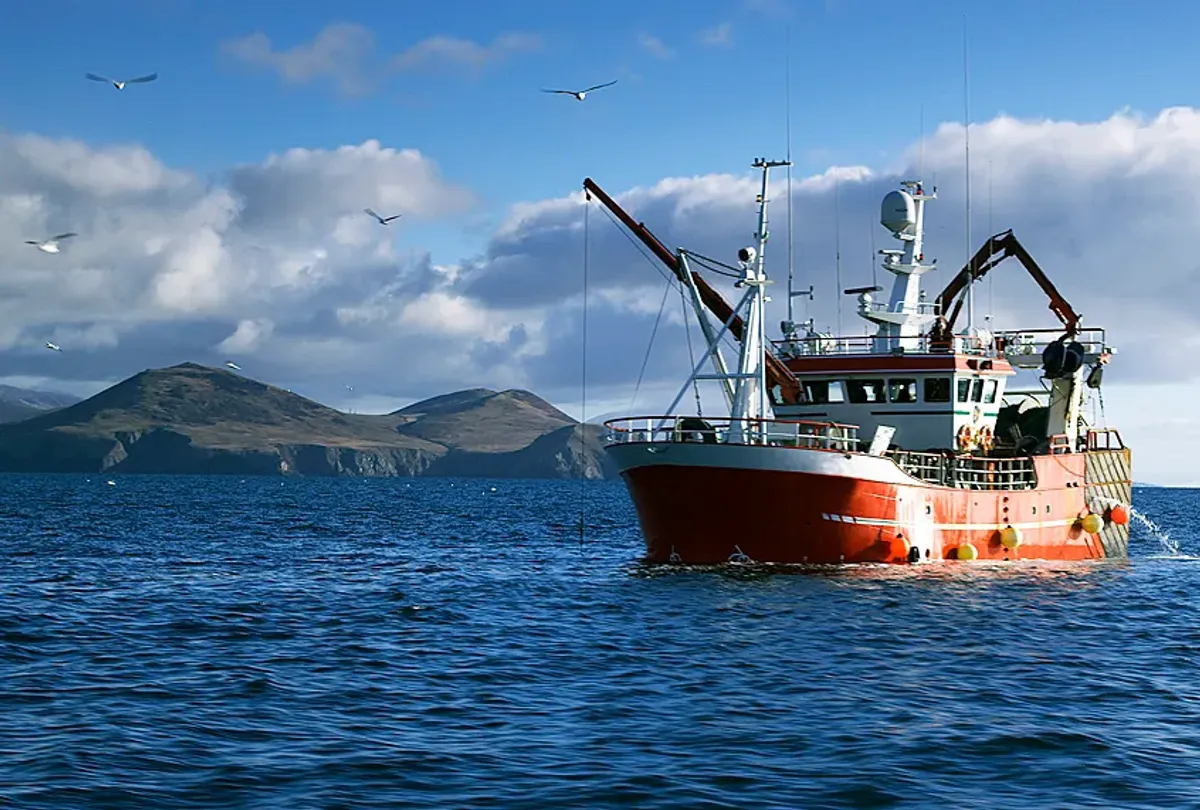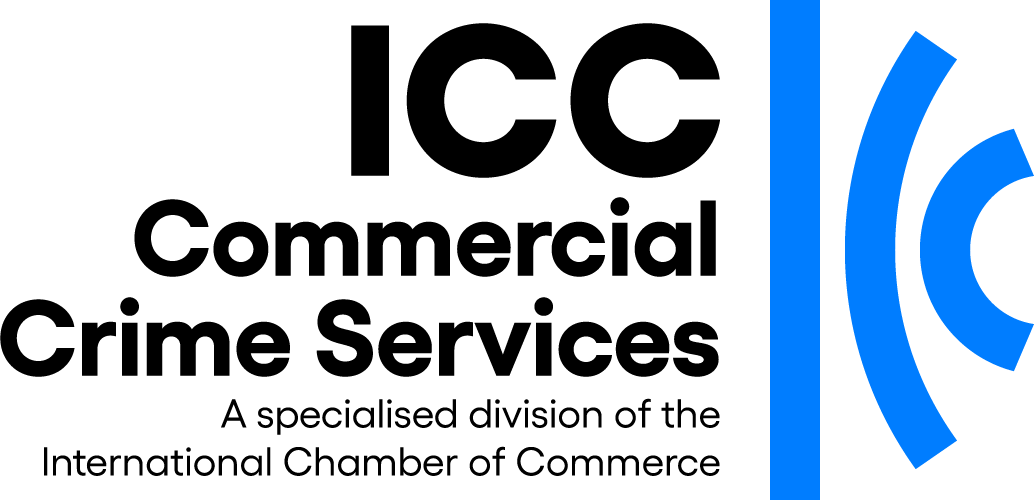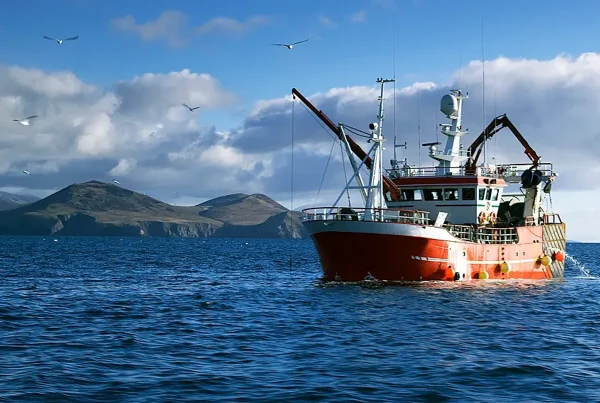
 The ICC International Maritime Bureau (IMB) has reported a number of violent attacks on vessels off the Nigerian coast.
The ICC International Maritime Bureau (IMB) has reported a number of violent attacks on vessels off the Nigerian coast.

The ICC International Maritime Bureau (IMB) has reported a number of violent attacks on vessels off the Nigerian coast.
The attacks, the aim of which is usually to rob vessel and crew of money and stores, are notable for the attackers’ willingness to use violence against crew members. In all of the most recent attacks reported to the IMB’s Piracy Reporting Centre (PRC) the heavily-armed pirates, at the very least, threatened crewmembers with deadly weapons. The pirates are usually armed with knives and automatic firearms.
On 24 November 2009 an oil tanker anchored off the coast of Benin, by the Nigerian border, was boarded by eight or nine robbers, all armed with guns and knives. The hijackers managed to gain access to the bridge where they demanded ship’s cash and crew personal belongings, before beating the master and tying up several other crew members. Another officer was able to raise the ship’s alarm- causing the pirates to panic. As they tried to escape, the chief officer of the vessel was shot and killed. One of the hijackers was apprehended by crew and handed over to the authorities in Benin.
IMB Director Pottengal Mukundan commented: “Whilst Somalia is, rightly, getting a lot of media attention for its piracy problems, a worrying trend is emerging off the coast of Nigeria. We have noted a higher level of violence in attacks off Nigeria than any other region in the world.”
In another incident, on 30 October 2009, a product tanker was attacked off Lagos by six pirates armed with knives and guns. The crew took evasive measures and contacted Lagos Port Control. The pirates opened fire against the bridge windows and accommodation. Eventually gaining entry to the bridge, the pirates took hostage all crewmembers. The crew were threatened and several assaulted. The pirates eventually made off with ships cash, crew cash and personal belonging, not before they damaged communications equipment and locked all crew members in a cabin.
In three of the last five attacks off Nigeria reported to the PRC, either the ports control or the Nigerian navy was informed. None of the vessels received any assistance. When, during an attack on 15 November 2009, the crew of a bulker contacted Lagos Port Control, they were informed that nobody would assist.
So far in 2009, there have been 25 attacks against vessels in Nigerian waters, the vast majority being cases of robbery rather than hostage-taking. This compares to 40 cases in 2008. This, though, is feared to be the tip of the iceberg with many operators reluctant to report attacks on vessels due to commercial pressures or fear of reprisals upon their next visit.
Mr Mukundan continued: “Unlike Somalia, Nigeria has an effective central government and the strongest navy in the region. What is worrying is that there appears to be no political will to combat the problem of piracy off their coast, despite the country being a major oil exporter and the country’s economy being heavily reliant on imports of other goods.”
IMB urges all ship masters, owners and managers, and others involved in the shipping industry, to report piracy or armed robbery incidents to its PRC. The PRC is located in Kuala Lumpur, Malaysia and is the only 24-hour manned centre able to receive and process reports of attacks from around the world. This timely, first hand information from ship masters enables IMB to identify high-risk areas to the governments concerned and is the first essential step in the attack response chain.
The manned PRC can be contacted 24 hours a day, seven days a week on +603 2031 0014, or emailed on imbkl@icc-ccs.orgThis e-mail address is being protected from spambots. You need JavaScript enabled to view it This e-mail address is being protected from spambots. You need JavaScript enabled to view it or piracy@icc-ccs.org






